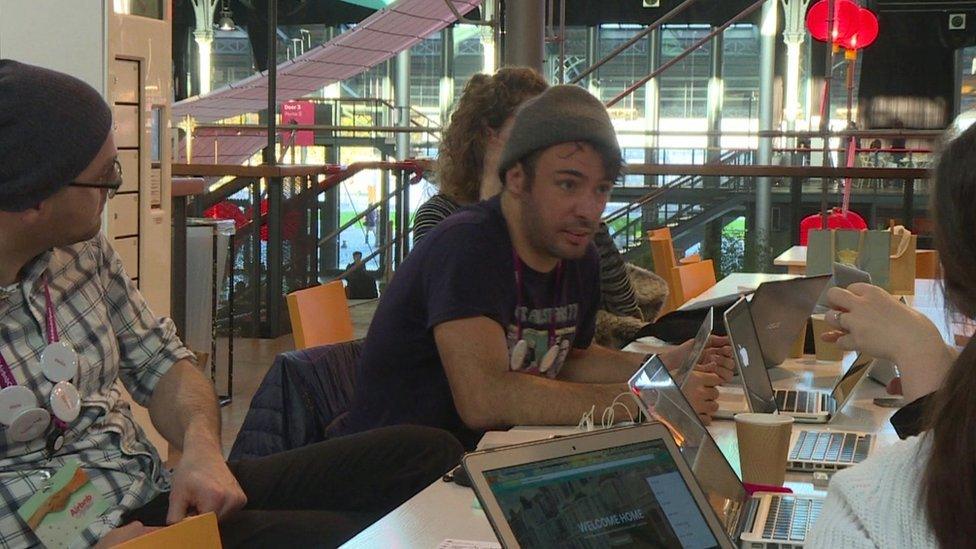Key points from the MPs' guide to millennials
- Published
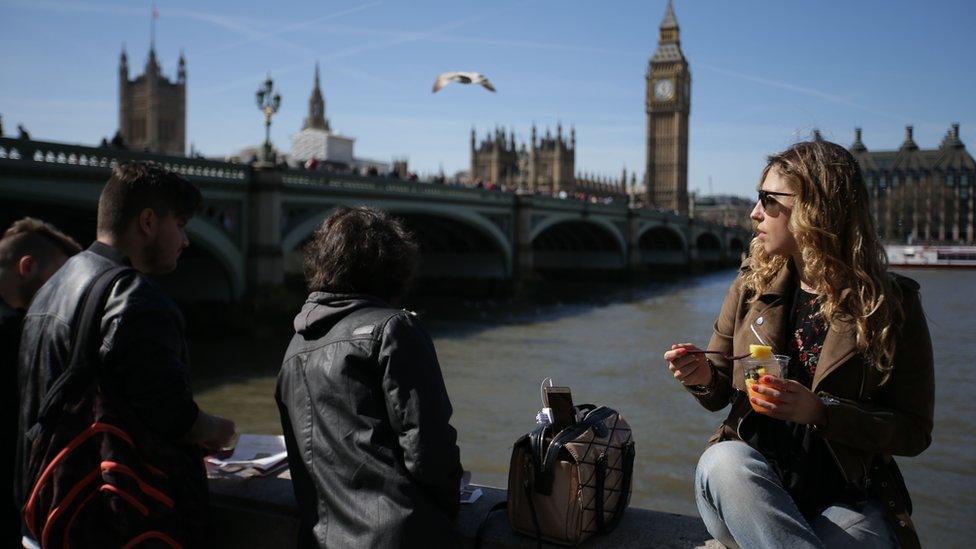
Lots of people have been having their say about so-called millennials recently - and now MPs are getting their own guide.
Researchers at the House of Commons have produced a handbook for its 650 members - whose average age is 50 - full of statistics about what they call the "generation much talked about and arguably misunderstood".
Like the baby boomers and Generation X before them, this group have acquired their own tag, although there is debate about the exact parameters of the group.
So who is a millennial? According to this guide, it defines the generation as those now aged 25 to 34.
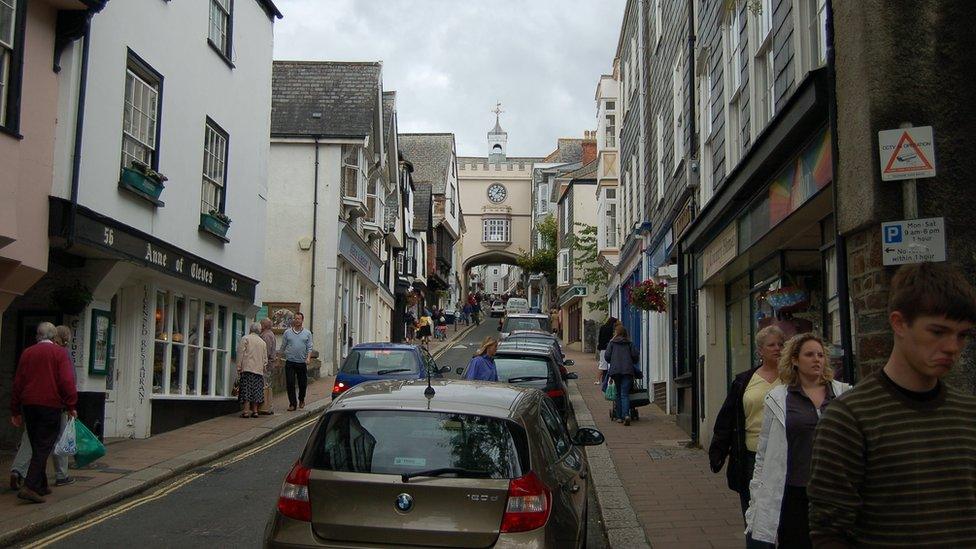
Totnes in Devon - not many millennials
That means they would have experienced at least some, if not all, of their teenage years and early adulthood in the 21st Century.
And now the House of Commons Library, which describes itself as a "bespoke enquiry service to MPs and their staff", has assessed this millennial generation in 50 pages of statistics and research, external.
Here are some of its key findings:
The millennials are "more urban and diverse" than older people.
More than a quarter were born abroad, more than for any other age group.
The area with the highest proportion of millennials is Battersea in London while the lowest is Totnes in Devon.
There are 39 millennial MPs currently sitting in the House of Commons (plus one, the SNP's Mhairi Black, who at 22 is too young to squeeze into that definition.)

More work but a squeeze on wages
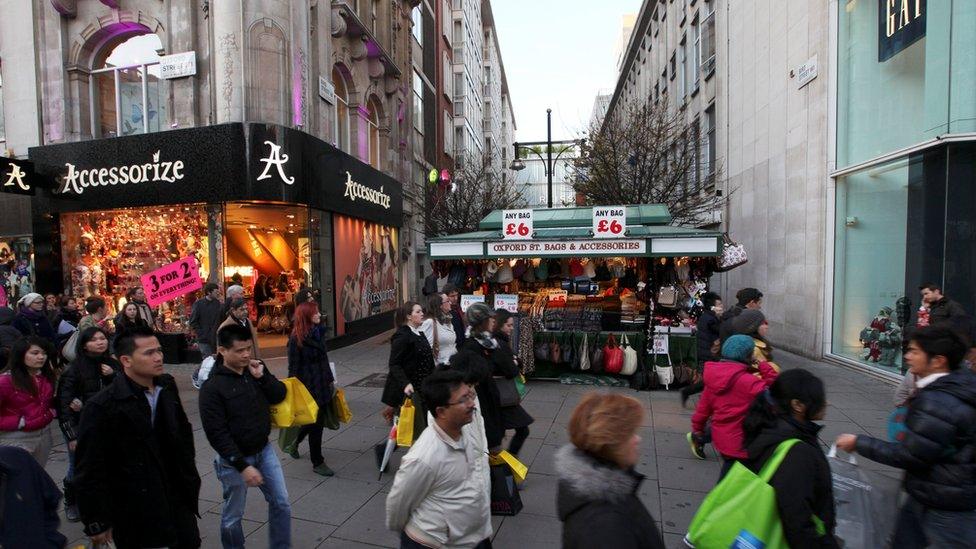
The retail sector is a common employer of millennials
Employment rates among millennials are at a "near record high", the report says.
But it's not all good news - their wages have suffered more than other age groups since the recession in 2008, when many were just entering the world of work.
The report points to research, external showing that millennials do not follow the usual pattern of having higher average pay than the generation before them.
They are most likely to work in the wholesale and retail sector, followed by health and social work.
And unsurprisingly, millennials are less wealthy than older generations, having had less time to accumulate savings.
To illustrate the point, half of households led by a millennial have net wealth of £700 or less.
However in the 65 to 74 age group, half have accumulated £22,700 or more, the report says.
They will also have to wait longer to receive their state pension than previous generations.

Renting, buying or living with parents?
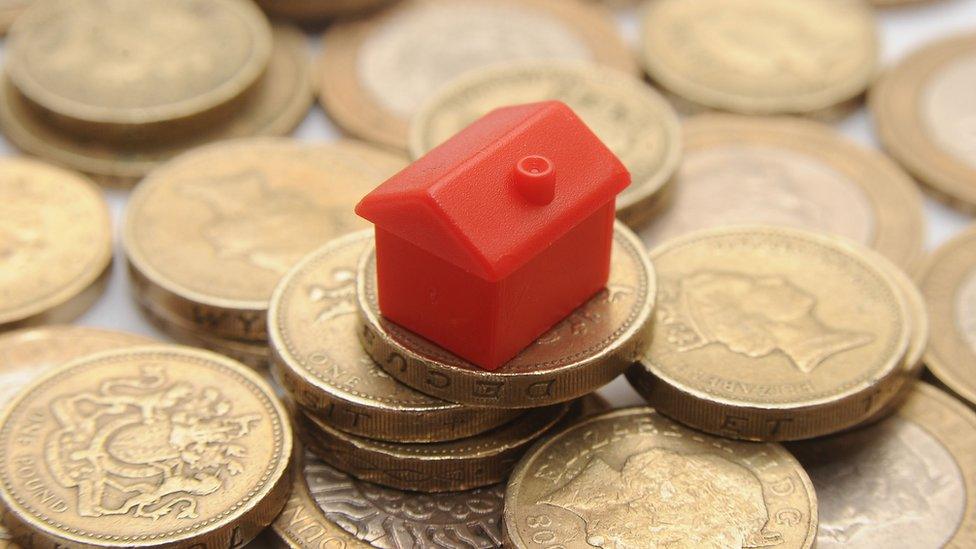
It will not be news to many millennials, but they are much less likely to own their own home than previous generations.
The report says 59% of households led by a millennial are renting, with 38% owning their own home.
It has not always been this way - 20 years ago, the report says, young people were more likely to own than rent.
But now millennials are less likely to own their own home - and more likely to rent in the private sector - than any other age group.
In the past 20 years there has also been a slight increase in the proportion of 25- to 34-year-olds living with their parents, the report says, citing Office for National Statistics figures.
This is the case for 14% of millennials.

How are they voting?

Millennials were more likely to have voted to stay in the EU, polls suggest
Millennials were most likely to have voted Labour in the 2015 election, according to a post-election survey - which put Labour on 32.4% to the Tories' 28.7%.
But they were also some of the least likely people to turn out to vote.
Millennial turnout was higher in last year's EU referendum, and they were "far more likely" to vote Remain, the Commons research says.
As for their view on the world, the report adds: "Recent significant world events such as the 9/11 terrorist attacks and the 2008 financial crises are seen as having a major impact on millennials' socio-political outlook.
"For example... it is argued that millennials have experienced long term 'scarring' in the labour market by having the misfortune to enter the workforce at the height of the financial crises."
Read the full report produced for MPs by the House of Commons Library here, external
- Published6 April 2017

- Published10 January 2017
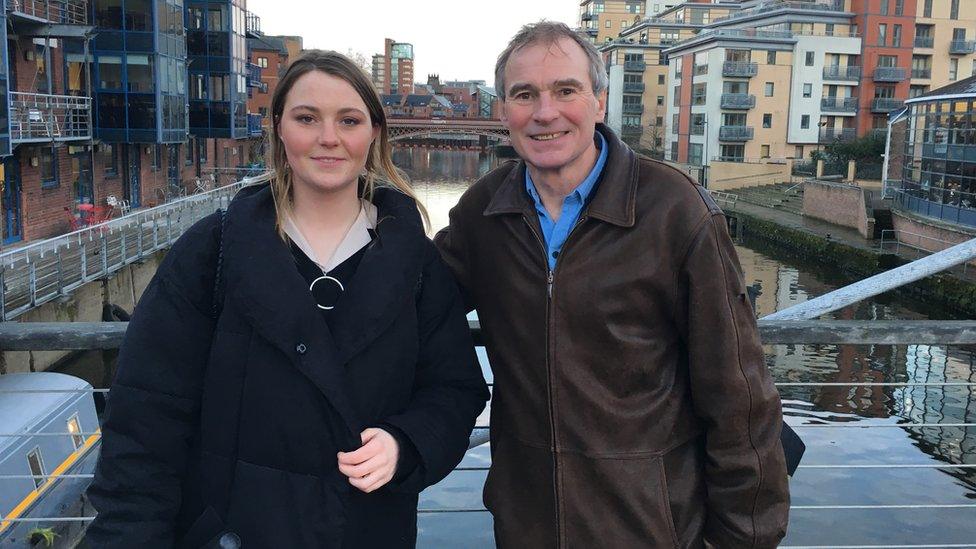
- Published2 February 2016
